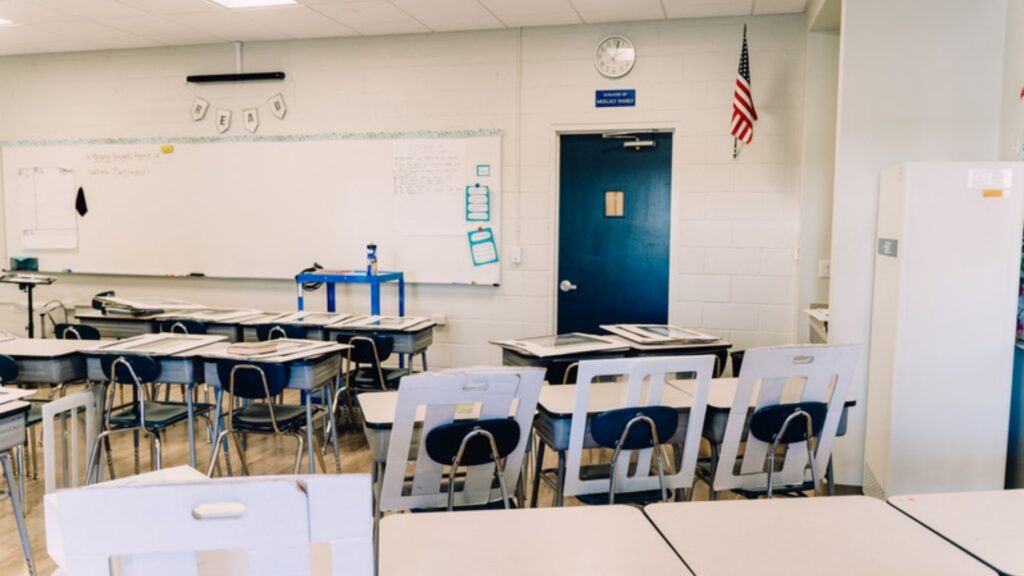Louisiana District Bans Paddling Students For Discipline
A Louisiana parish has outlawed schools from enacting corporal punishment on students, including rulings that let them paddle kids.

Slaps on the hands with rulers, spanking, paddling, and even spanks on the bottom may seem likely talk from a long-ago era in school settings, however, these practices remain alive and well in many states across the country. In modern times, societies are moving away from corporal punishment, or physical discipline. However, it is still permitted in school settings in many states, including Lousiana. Many parishes still have laws set in place to allow for the flogging of students, but one district has joined the growing movement to ban it.
Students that attend school in the St. Landry Parish may no longer be disciplined with corporal punishment methods that had previously allowed educators to punish children by paddling them. According to a report from the Daily World of Opelousas, the school board voted late last week to outlaw this form of physical punishment. No one was against the ban, as all board members quickly voted unanimously to prohibit the longstanding policy that existed in the school’s police manual.
In making the decision, Patrick Jenkins, the district superintendent, praised the decision by the board, noting that corporal punishment was “something that we are trying to move away from.” Likewise, board member Mary Ellen Donnato stated that the physical penalty should never be used against children in schools. While St. Landy now bans the practice, it’s estimated that some 40 other parishes within the state still allow this form of discipline inside school campuses. What is unclear, is how often schools actually administer this form of discipline.
Under school procedures previously outlined in the district’s police manual, educators were allowed to deal out corporal punishment against students ruled to be “unruly.” Furthermore, the policy noted that any paddling or similar practice was required to be dealt with under “extreme care, tact and caution” by a school official. While paddling is now prohibited, the new ruling still allows for school employees to use physical force, however, it can only be done so in needed cases to protect or defend others from attacks.
While there still remains to be plenty of other schools across Louisiana that allow corporal punishment, a recently proposed bill in the state’s House could possibly prohibit all parishes from allowing this form of discipline in the near future. Last May, representatives approved a bill that could outlaw physical force that can cause pain or discomfort to children in a school setting. Dealing with corporal punishment, it would ban the practice unless the parents or guardians of students provide written permission for it. For now, the law still remains to be voted on in the Senate.
Despite the fact that 15 states across the nation still allow for corporal punishment to be used on schoolchildren, many people and advocacy groups call for the practice to be abolished in the school system. According to information from the World Health Organization, this type of retribution can trigger a negative psychological response from children via pain, sadness, fear, anger, shame, and guilt. Likewise, children who are dealt with physically as a penalty for wrongdoings are more apt to exhibit harmful chemical reactions in the nervous, cardiovascular, and nutritional systems of the body.

On the contrary, many parents and caregivers still feel that when used properly, corporal punishment can be used as a successful lesson for children. The notion is that it can set boundaries, and also motivate children to behave properly. However, given the growing data depicting negative outcomes down the line, the movement against this type of punishment leads many to believe this decision should be left up to at-home situations, not to be made by school officials.



